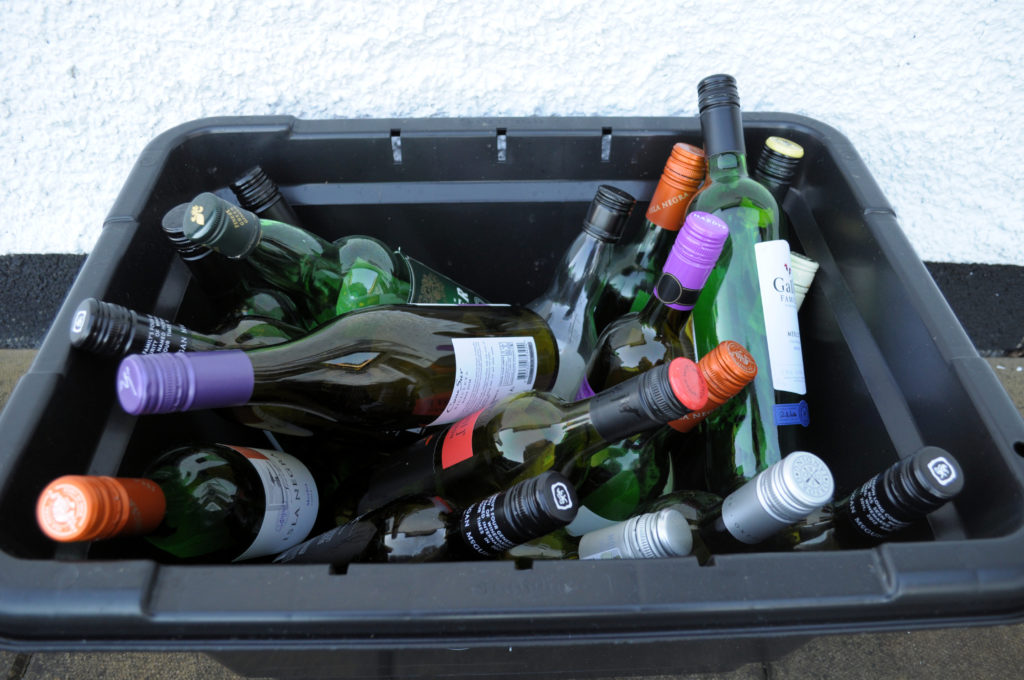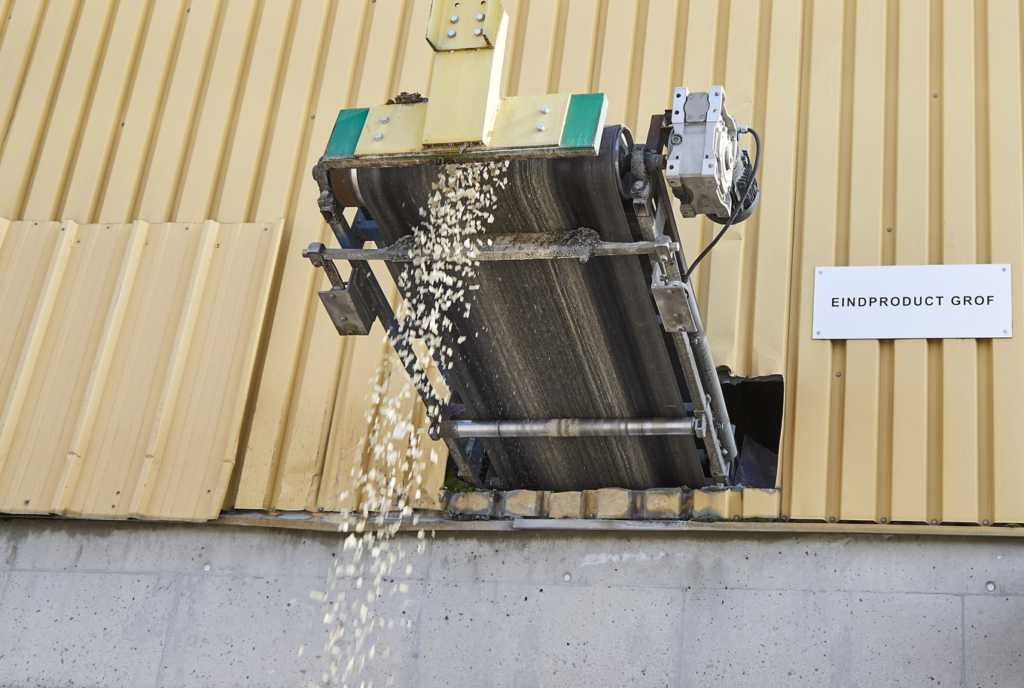England and Northern Ireland will not initially include glass in their DRS, but Wales and Scotland will (see letsrecycle.com story).
Ruth Jones, MP for Newport West, asked Conor McGinn, her counterpart for St Helens North and a fellow Labour Party representative, whether he thought having different schemes across the UK could be “problematic” for the glass industry.
Mr McGinn, who secured the debate in the House of Commons said: “Independent evidence has shown that kerbside collections are the most effective route to achieving closed-loop bottle-to-bottle recycling in the UK.
“The sector was pleased by the recent decision to exclude glass from the upcoming England scheme, but the industry remains concerned about the prospect of multiple diverging schemes across the UK, which would increase complexity, cost and confusion for the public and businesses alike.”
British Glass, the trade association for the UK’s glass industry, has lobbied government extensively to exclude glass from the DRS. It has expressed concerns that including glass in a DRS could increase the amount of single-use plastic in circulation (see letsrecycle.com story).
During the debate, Mr McGinn noted that the UK recycled 76% of container glass in 2020, while the industry has targeted reaching a 90% glass collection rate by 2030.
‘Perverse incentives’
In response, Greg Hands, minister for energy, clean growth and climate change, said Defra led policy on the DRS and glass recycling, but he would pass Mr McGinn’s comments on.

Mr Hands added: “Defra has undertaken extensive engagement with the glass sector and will do so in the future.
“I am sure the honourable gentleman will agree that the government want to make recycling as easy and efficient as possible, but we need to ensure that that does not include any perverse incentives, or any element that is likely to damage some of our key industries.”
Energy
The parliamentary debate also touched on the impact of “spiralling energy costs” on the glass industry.

Mr McGinn said: “Like all other energy-intensive sectors, glass manufacturers have seen energy prices skyrocket at an alarming pace, experiencing gas and electricity costs as high as quadruple and triple their usual amount respectively, with prices remaining volatile.
“Energy already accounts for about a third of overall glass manufacturing costs, and in some cases production costs are now exceeding the price of goods themselves.
“Put simply, this is not sustainable and the risk to the financial viability of the sector is grave.”
In response, Mr Hands said the government was “determined” to secure a “competitive future” for the UK’s energy intensive industries. He said the government had provided “extensive support” in recent years, including more than £2 billion to help with the costs of electricity and to protect jobs.
“This support includes electricity price relief schemes for eligible energy-intensive industries such as paper and pulp, glass fibre, iron and steel manufacture and batteries,” Mr Hands added.
Celebrate
British Glass called on government to support UK manufacturers in the face of soaring energy costs in January (see letsrecycle.com story).
Dave Dalton, British Glass’s CEO, said it was “great” to see his industry “taking centre stage” in the House of Commons. He thanked Mr McGinn for securing the debate.
Mr Dalton added: “Like other energy intensive industries, glass is not without its existing difficulties with energy, gas and carbon leakage but there is much for our industry to celebrate, from our pioneering net zero strategy to our extensive commitment to closed loop recycling.”








Subscribe for free